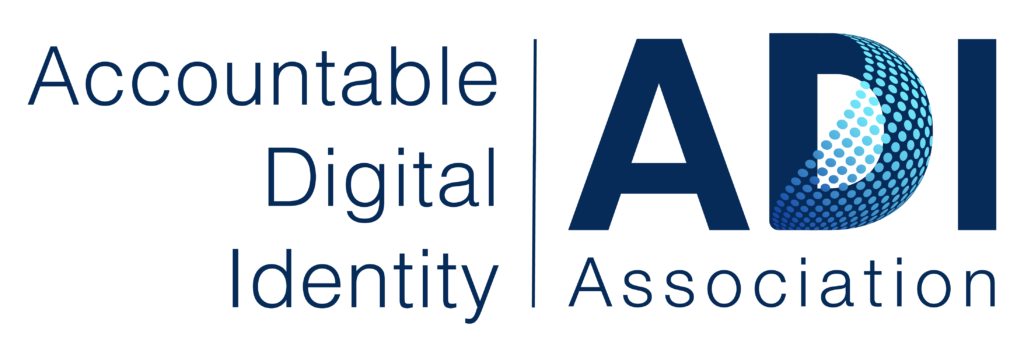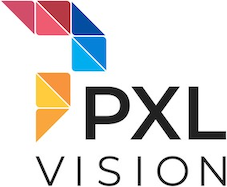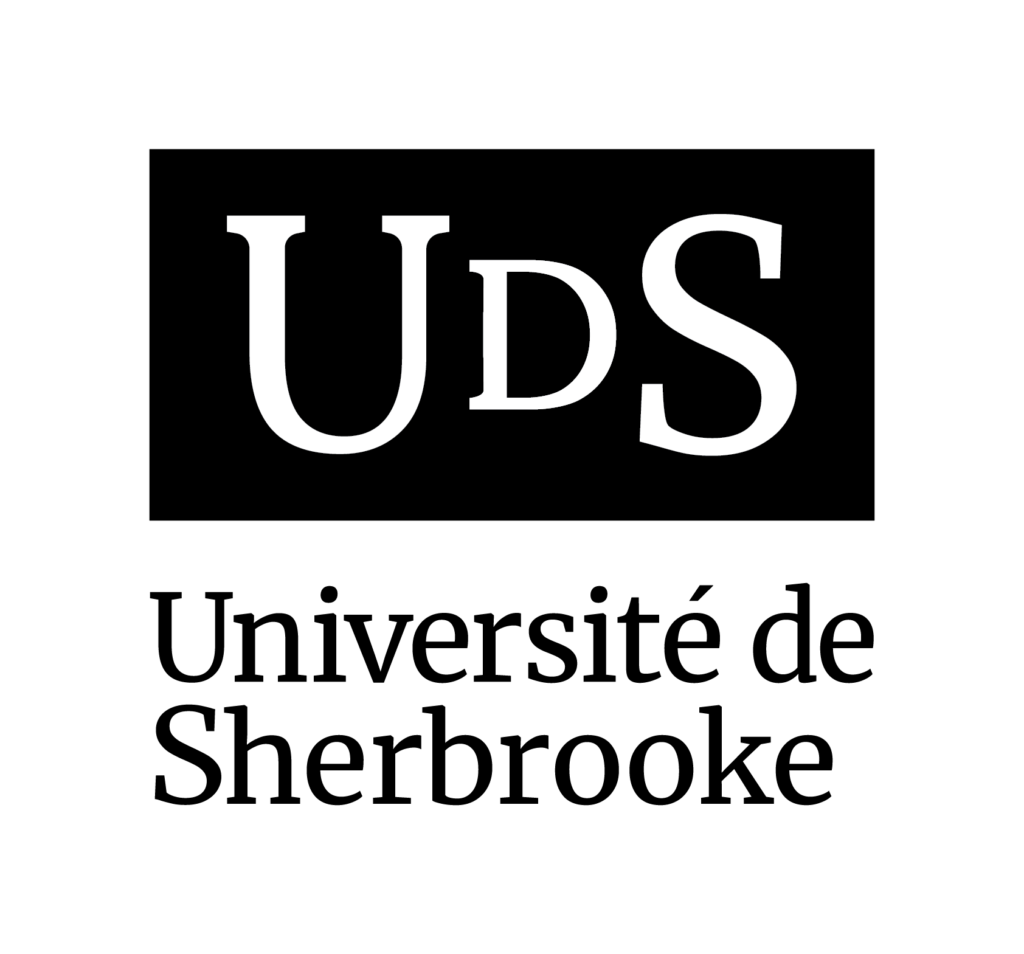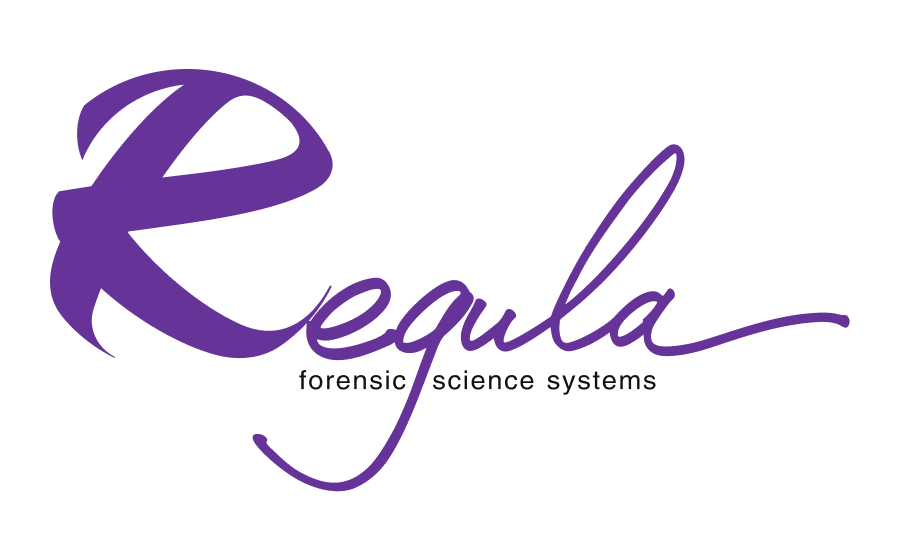1. What is the mission and vision of Fintracker?
Fintracker’s mission and vision is to reduce risk in the Canadian Real Estate industry by simplifying Anti-Money Laundering compliance for REALTORS® with easy-to-use tools that save them time and money.
2. Why is trustworthy digital identity critical for existing and emerging markets?
Canadian Real Estate has been highlighted as a target area for criminals and fraud attacks requiring a strong response by all participants, including Canada’s 150,000 REALTORS® . Many crimes associated with Canadian real estate have been tied to potential overseas proceeds of crime or corruption. Fintracker improves the integrity of identity verification and supports the completeness of compliance records to regulatory standards needed to have robust controls to fight these threats.
3. How will digital identity transform the Canadian and global economy? How does your organization address challenges associated with this transformation?
Fintracker provides an easy, economical, digital first experience for all REALTORS® on its platform. Our services are part of their Real Estate Board membership and provide a smart and reliable method to reduce the risk of crime in the real estate sector by strengthening identification of property buyers; collecting key records to identify risk and facilitating potential reporting to regulators as needed. Fintracker’s mobile application puts their office in their hands for a true digital first experience to the leading industry standards.
4. What role does Canada have to play as a leader in this space?
Canada’s strong dedication to information security, privacy and fighting financial crime principles needs to be translated into executable standards and practices for all sectors and communities to ensure that these principles are supported in technology evolution and future networks. Fintracker is committed to playing its part in this effort for REALTORS® and the Canadian Real Estate sector.
5. Why did your organization join the DIACC?
DIACC’s members include the who’s who for delivering Canada’s secure and privacy protecting methods to identify customers and protect their information including technology providers, government agencies and leading private sector companies. Fintracker’s identity technology is already sourced from an active participant in the DIACC’s Directory of Identity Management and Proofing Products (Aligned with FINTRAC guidance and endorsed by many Law Societies). This membership is an affirmation of our commitment to be the trusted and leading provider of secure solutions for the REALTORS® community in Canada.
6. What else should we know about your organization?
Fintracker is the go-to leader in providing relevant connections and value for the REALTORS® community in Canada and is eager to engage in the right partnerships. We support over 50% of the Real Estate Boards in Canada, with over 90% of Realtors able to use our services as part of their board membership.









